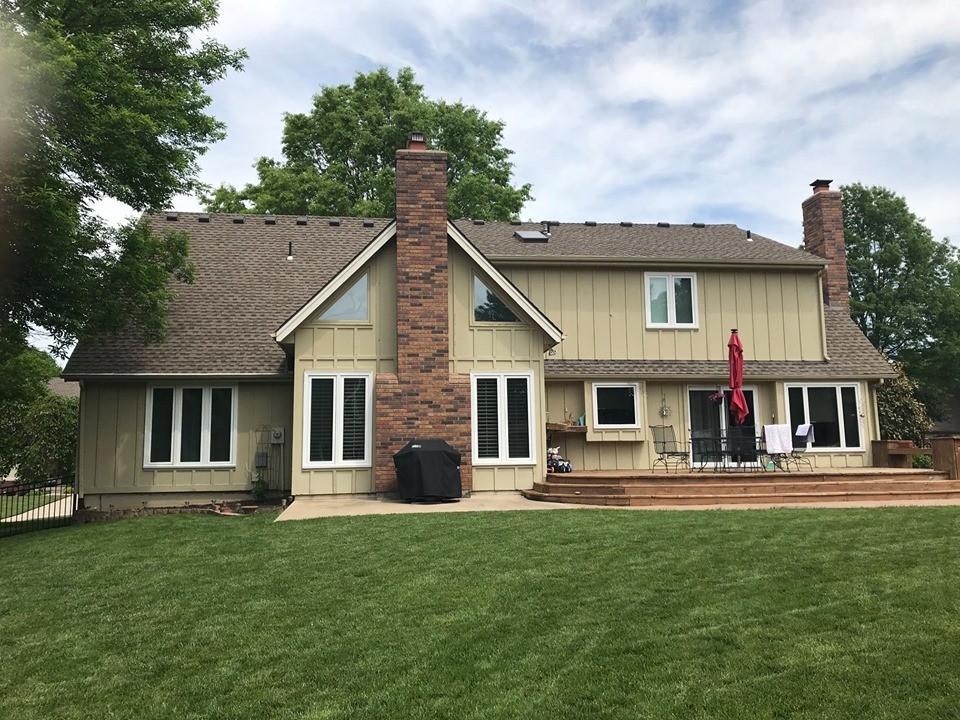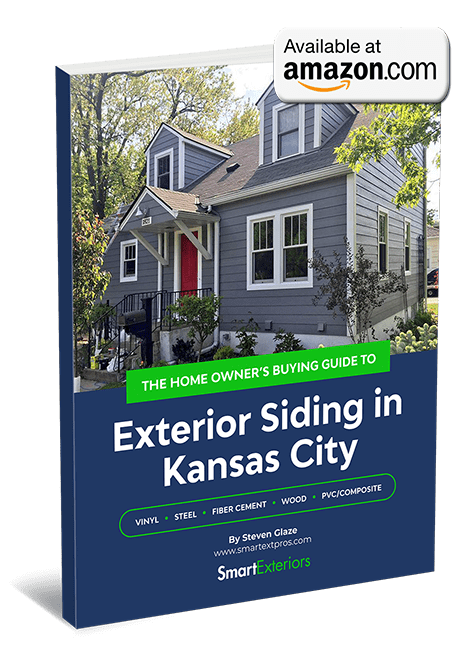You have complete control over all aspects of design and architectural styles when renovating or building a custom home. There are countless options of architectural styles ranging from the historical approaches to modern interpretation to base your home on the beauty of renovating or creating your own custom home is that you can choose the style that suits your needs and taste.
HOW TO CHOOSE THE RIGHT ARCHITECTURAL STYLES FOR SIDING
Before you select siding for your home, you need to put into account the following six basic issues besides the initial cost.
1. Water resistance
Siding materials that are water resistant tend to be long-lasting. The sidings you choose to place over the exterior should be able to seal out moisture to avoid damage both internally and externally
2. Easy to install
Ensure you choose a siding material that is within your skillset. Similarly, the siding should not require special equipment or create a harmful environment while you are installing it.
3. Energy efficiency
The siding materials come with the R-value rating to save energy. Check the most suitable R-value to understand what is required for insulating your siding
4. Aesthetics
Home siding is the largest part of your exterior hence determines the appearance of your home. Think about the available color schemes and design options that will match the homes architectural style.
5. Maintenance
Choose a type of siding with a low level of care when cleaning, repainting and sealing so that you can save a lot of money along the way.
6. Durability
Your choice of siding should have the strength to stand wear and tear as well as resist temperature shifts that are in your climate.
THE DIFFERENT STYLES OF SIDING
Contemporary

A contemporary siding is built with eco-friendly and energy-efficient materials for the purpose of sustainability.
Pros
- Energy efficient
- Reliable schedule
Cons
- Limited design option
- Difficult to finance
Victorian Style

The Victorian style has adornments of decorative surfacing material, an asymmetrical massing, and wrap-around porches. The home is featured with turrets and towers which are designed as with decorative elements.
Pros
- Attractive architecture details like ceiling roses, cornices, and coving.
- Thick walls
Cons
- Upkeeps and DIY is more complicated
- High ceiling pose decoration challenges
Cape Cod

This is an economic architectural style that peaked in the 1950s, it could be seen in almost every neighborhood. This style has upstairs bedroom dormers and first-floor living spaces.
Pros
- Cozy atmosphere
- Asymmetrical appearance provides a clean and orderly look
- Outstanding starter home
Cons
- Small size limits mobility
Colonial Style

The colonial style has a formal and balanced look. These homes appeared in the 1600s and they prevailed from more than 150 years. The colonial architectural style includes a saltbox roof which was common through the mid-1900s.
Pros
- Structural and aesthetic home with a large market for resale
- Privacy due to the compartmentalized rooms
Cons
- Limited mobility
- May feel impersonal and generic
Greek Style

This is an adaptation of colonial architecture which was popularized in the 1830s. it includes elements of design which were historically sourced in ancient Greece. The Greek revival utilizes columns, frieze boards, and cornices.
Pros
- Plenty of natural light
- Durable
Cons
- Refurbishing is costly
- Impossible to assess the state of the ground level
Ranch

The ranch home was a hallmark of an American renaissance in the 1950s. it includes wide overhangs and open spaces which are traditionally associated with the sun-soaked climates. It also has included asymmetry and simplified finishes.
Pros
- Can sustain severe weather with high winds
- Easy accessibility to the outdoors and roof for maintenance purposes
Cons
- May not be aesthetically pleasing
- Costly to build out than up
Craftsman

Craftsman style was born out of arts and crafts movement which emphasizes natural materials like bricks, stones, and wood. The architecture typically has low-pitched roofs and wide front porches.
Pros
- Built with a mixture of locally available material like stone and wood
- Easy to construct
- Durable
Cons
- It may be a little more expensive compared to other styles
Farmhouse

A farmhouse architectural design serves as the main residence in rural or agricultural areas. This style is characterized with a porch that wraps around the houses front, the rear or side. The roof is steeply pitched running along the length of the house and can be decorated with dormers and gables.
Pros
- More privacy
- A greater degree of freedom
Cons
- Access to services and facilities is expensive
- Future modifications can be complicated
Modern

The modern architecture design was inspired by the historical movement of modernism. It became a dominant architectural style after world war II. Modern architecture is perceived to have developed from the new technology abilities and industrial revolution’s enlightenment.
Pros
- Upkeep and maintenance cost is low
- Comfortable and energy- efficient amenities
Cons
- Highly-priced
- Refurbishing requires more attention
Cottage Style

Cottage architectural style is informal designs which are sited n a garden setting with trellises and window boxes. Cottage styles are small-scale homes with a tall peaked roof and large multi-pane windows which are charming and cozy, a casual garden and an inviting [porch with wicker furniture.
Pros
- Cozy and comfortable feel
- Easy to maintain and control temperatures
Cons
- Small space for family
- Not conducive for social gathering
Mid-Century Style

This architectural style flourished during world war II, from 1945 to 1980. It is characterized by open space with large glass windows and a simplistic design that is a seamless integration of nature.
Pros
- Easy, breezy and timelessly iconic
- Elegance all the way
Cons
- Difficult to control heat, cold and regulating light
- Require extra insulation on the flat roof
Conclusion
When you are choosing an architectural siding style, beware of the pros and cons. Have in mind the architectural styles are not just about what looks nice. You need to understand and take careful consideration of your personal needs and preferences. If you find an appealing architectural style that suits you, contact a reputable home exterior company (that are experts in top siding materials such as James Hardie Siding) like Smart Exteriors to do the job.

